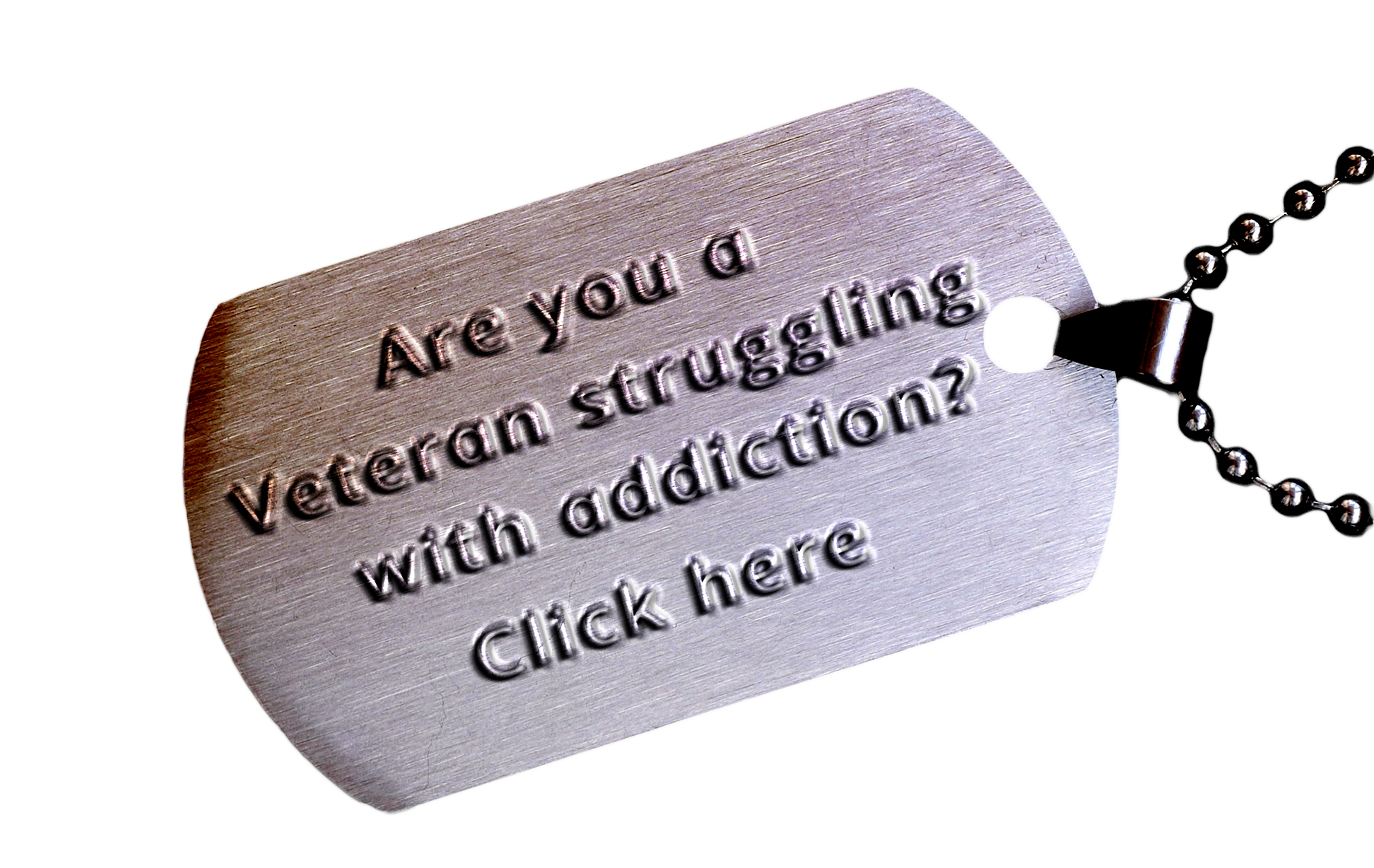If that medication is one of the prescription opioids, such as oxycodone, mixing it with alcohol can even create a potentially lethal combination. Put simply, if you use oxycodone-based prescription medication, combining it with alcohol is something you should avoid at all costs.
Why?
To answer that, we will need to discuss the effects of oxycodone and alcohol in more detail...
What happens when you mix oxycodone and alcohol? Can you get addicted, and if yes, what are your treatment options? We cover that and more in the following article.
What Is Oxycodone?
It's the primary ingredient of several medications, such as OxyContin, Roxicodone, and Percocet.
Oxycodone is classified as a Schedule II controlled substance in the United States, meaning it possesses medical value while holding the risk for abuse and addiction.
That classification also states that it's illegal to use or possess oxycodone without a valid prescription.
What is oxycodone used for?
Oxycodone binds these receptors, slowing down nerve impulses and reducing the feeling of pain.
That's the main effect and reason for taking opioids such as oxycodone, however, oxycodone can also cause sedation and euphoria as it unleashes a surge of dopamine into the brain.
These euphoric effects are highly potent, and often lead to oxycodone abuse, leading to full opioid addiction.
Indeed, since the release of oxycodone-based prescription painkillers, they have remained very controversial.
Many people compare oxycodone to morphine, which also comes with an increased risk of developing substance dependency.
Oxycodone Effects
Typically, oxycodone effects last for around 12 hours from taking, as the substance releases its effects over time and not all at once.
As said, the primary effect of oxycodone is pain relief, followed by sedation and euphoria. However, oxycodone painkillers can also come with several other side effects, including the following symptoms:
Oxycodone and Drug Abuse
As covered, oxycodone is classified as a substance with a higher risk of abuse and addiction. That classification is well justified, as oxycodone is a highly addictive substance, especially considering its strong euphoric effects. Oxycodone is also highly potent, which further enhances the risk of developing an addiction.
And that isn't just all words...
According to the United States Department of Justice, over 13 million Americans abuse oxycodone, with many of those being children as young as 12th graders. That proves just how addictive oxycodone can be.
We'll discuss the signs and symptoms of oxycodone addiction in just a few paragraphs.
How Does Alcohol Work?
In short, like opioids, alcohol interacts with the central nervous system, depressing or slowing down how various parts of the brain function. Drinking alcohol also slows down one's heart rate and breathing, as well as lowers blood pressure.
What Are the Threats of Mixing Alcohol and Oxycodone?
Therefore, when taken together, alcohol and oxycodone can amplify each other, leading to respiratory depression, which is a dangerous respiratory complication caused by minimal breathing or no breathing at all.
The lack of an appropriate amount of inhaled oxygen can quickly cause brain damage, ultimately leading to death.
Combining alcohol and oxycodone can also endanger one's cardiovascular system. Since both substances are depressants that slow down your heart rate and decrease blood pressure, mixing them together can shock the cardiovascular system, often causing a stroke or heart attack.
Mixing opioids with alcohol also poses other threats, such as potential damage to the liver or other organs, as well as the increased risk of developing a mental illness, such as depression or anxiety.
Can I Be Addicted to Both Alcohol and Oxycodone?
The two are highly addictive substances, and it's even possible to be addicted to both oxycodone and alcohol at the same time. It means a person suffers from co-occurring disorders. In this case, from alcohol use disorder and opioid use disorder.
Developing co-occurring alcoholism and oxycodone dependence is extremely dangerous and can even be lethal.
As covered, the combined effects of alcohol and oxycodone can lead to dangerous respiratory complications, such as difficulty breathing, which will ultimately lead to respiratory depression and eventually death.
There's also an increased risk of cardiovascular issues, such as a stroke or heart attack.
Therefore, if you or your loved one shows symptoms of alcohol abuse but is also taking prescription opioids, you must act immediately and seek treatment.
How to spot whether someone develops oxycodone or alcohol dependence? The most common signs of oxycodone or alcohol addiction include the following.
Side note: Many of these symptoms will overlap, as any substance use disorder shares similar signs, be it oxycodone, alcohol, or other substance abuse.
Signs of Oxycodone Addiction
Substance abuse can, however, quickly develop into an addiction, especially considering how potent oxycodone is.
If you suspect your loved one or yourself might be an oxycodone addict, look out for the following signs:
Tekenen van alcoholverslaving
If you or your loved one often abuse alcohol, it can quickly develop into a complete alcohol use disorder, which typically includes the following:
Alcohol and Drug Addiction Treatment
If you drink alcohol while on oxycodone-based medications, you put your life at stake, as oxycodone and alcohol can be lethal when mixed.
Therefore, if you abuse alcohol or think you are alcohol dependent, you must begin your treatment before you start taking oxycodone-based medications. Developing an oxycodone dependency is also cause for concern and action, as oxycodone overdose can also be lethal.
The case might be that you develop an addiction to two substances as co-occurring disorders. In that situation, you should seek treatment for both diseases.
The first step on your recovery journey will always be detoxing.
During this stage, an addicted person experiences severe withdrawal symptoms, which can be unbearable if not supervised by medical professionals.
The most common oxycodone withdrawal symptoms include muscle aches and pain, anxiety, panic attacks, nausea and vomiting, diarrhea, fever, and sleeping disorders. On the other hand, alcohol-related withdrawal symptoms usually include sweating, seizures, delirium tremens, rapid heart rate, irritability, and confusion.
Once the detox process is completed, the full recovery process can begin. When treating any substance use disorder, your primary treatment options are therapy, support groups, and medications. Typically, addiction treatment includes a combination of those.
Therapy and Counseling
Support Groups
Joining a support group is a common practice for recovering addicts. Groups like Alcoholics Anonymous or Narcotics Anonymous can play a vital role during your recovery process, providing continued support and motivation from people who are also struggling with various addictions.
Medications
For instance, medications like buprenorphine and methadone can be used to treat oxycodone dependence. These specific medications bind the same brain receptors as oxycodone, decreasing one's cravings and withdrawal symptoms.
For alcohol addiction treatment, the FDA has approved three medications - naltrexone, Acamprosate, and disulfiram.
Hoe Miracles Azië kan helpen
Battling with alcohol or/and oxycodone addiction is a long and challenging journey.
The journey you shouldn't feel like you need to face alone.
Whether you're struggling with alcohol or opioid dependence, or both, Miracles Asia can help guide you to a successful & long-term recovery.
Our comprehensive addiction treatment plan covers every stage of the recovery process, including a medically supervised detox program, counseling sessions, and support group meetings.





